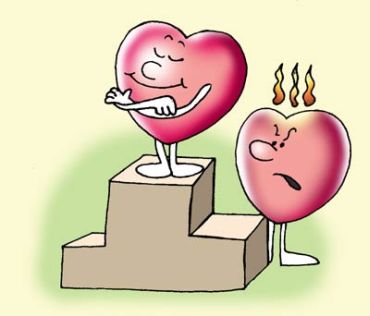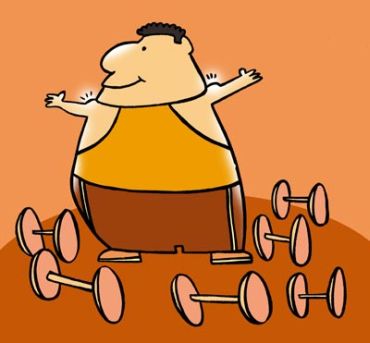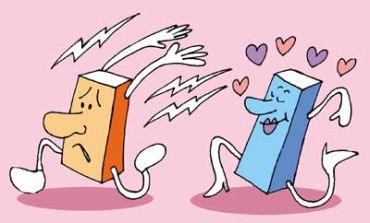 | « Back to article | Print this article |
The 10 most blushworthy scientific facts about sex!
The results of certain sex-related researches and studies conducted by scientists this year may surprise you. Illustrations: Uttam Ghosh
Sex, which is a part of life and a subject of scientific research, was one of the most talked-about topics in science stories of 2012, it has been revealed.
This year was particularly sultry, with studies covering everything from hormone-triggered masturbation to our species' history with Neanderthal nookie.
1. The effect of masculine hormones on women
First comes the study about masculine hormones getting women interested in masturbation -- a study published this May in the journal Archives of Sexual Behaviour found that in women, high testosterone was associated with a greater interest in masturbation, but less interest in getting busy with someone else.
2. Should dudes dominate in bed?
According to a study released in October, young adults who say men should take charge in bed feel less confident in sexual situations than their more flexible counterparts.
3. Guys get judged for too much sex
A study of 19,000 college students found that while only a minority of students judges women more harshly than men, young people still do judge people for having sex with lots of people.
4. Gym orgasms are real
Researchers reported in March that the phenomenon of "coregasms" is real. These are orgasms caused by exercises that tense the core abdominal muscles -- in other words, gym-friendly orgasms, no genital stimulation required.
5. Talking about sex is good for sex
Communicating about sex during sex may improve sex, as the more comfortable you are talking about sex the more satisfied you'll likely be with your sex life.
6. New moms aren't sexless stereotypes
Women who have recently given birth are often interested in sex before the typical six-week all clear to engage in intercourse from their doctors.
7. Arousal dampens disgust
If you're feeling grossed out, try spinning yourself a sexual fantasy, because sexual arousal diminishes disgust.
8. Sex can be a real headache
No one really knows why some people experience headaches with sexual arousal, but men are three to four times more likely to experience the pain than women.
9. Human and Neanderthal hookups aren't hard to prove
A research out in November found that early humans weren't so species-specific when it came to sex.
10. Extra 'X' boosts male sex drive
An extra female chromosome could boost your sex drive.









